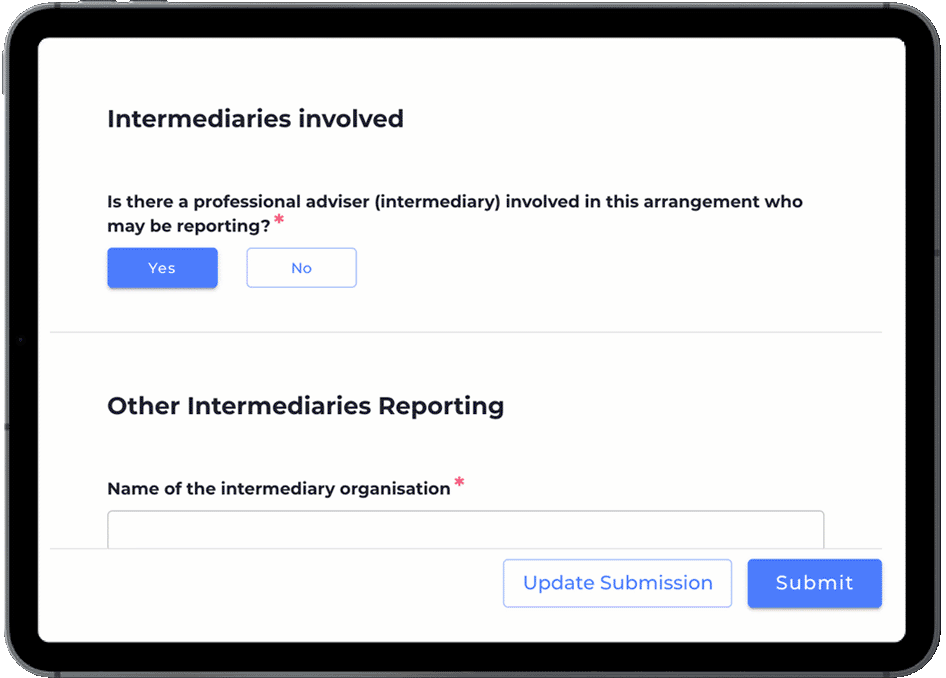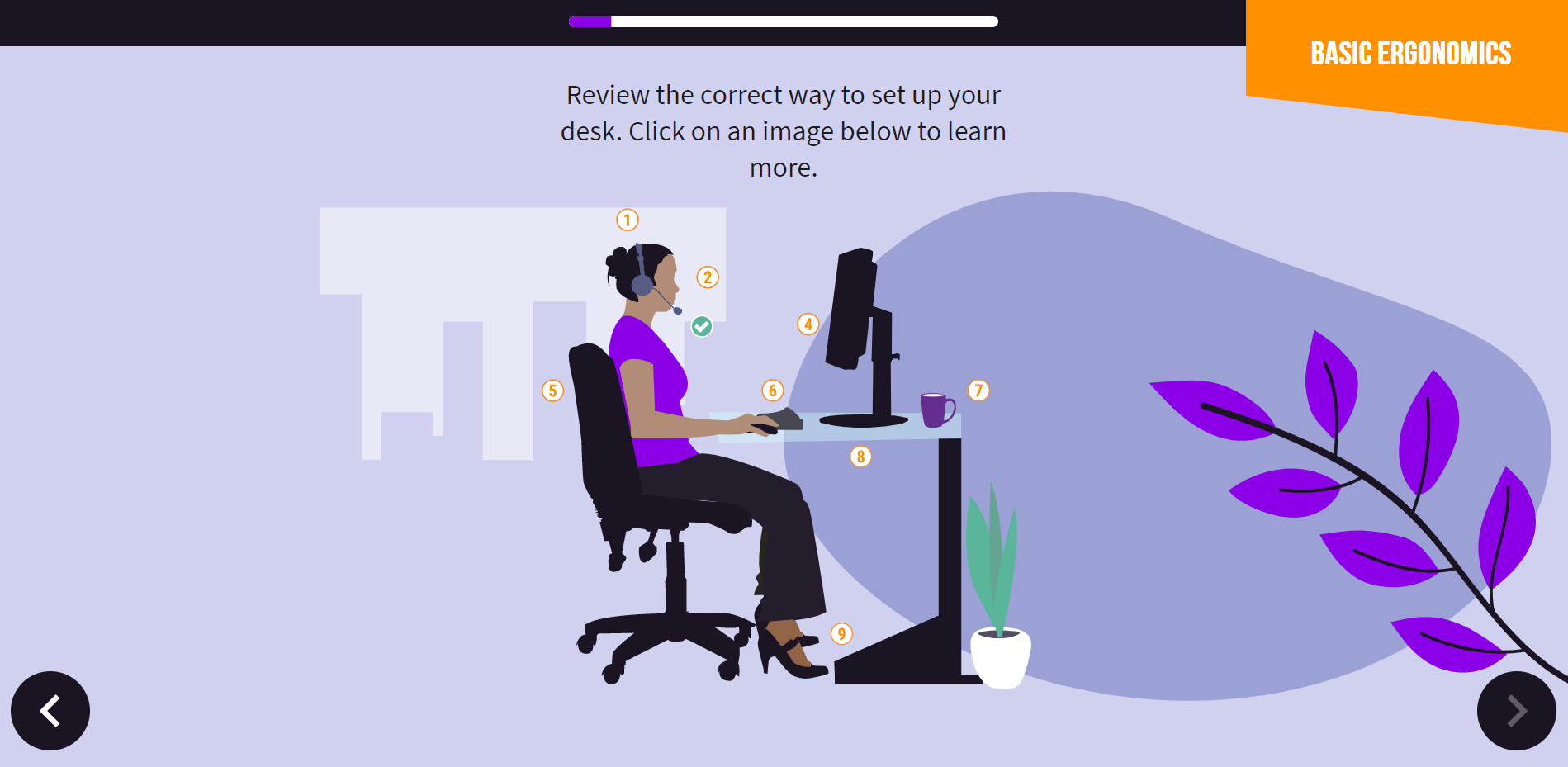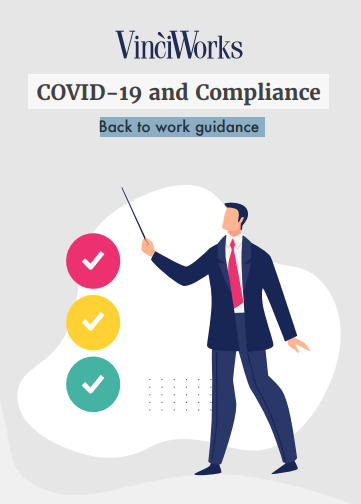Register for our DAC6 email updates
On 25 May 2018, the Economic and Financial Affairs Council of the European Union (ECOFIN) adopted the 6th Directive on Administrative Cooperation, requiring so-called tax intermediaries to report certain cross-border arrangements that contain at least one of the categories, known as hallmarks, that are defined in the Directive. This directive is commonly known as DAC6.
DAC6 aims to clamp down on aggressive tax planning and is set to impose a huge compliance burden on taxpayers and their advisers, potentially even in circumstances where there is no tax benefit at all.
DAC6 will affect many firms including law firms, accounting firms and other tax advisers, referred to in the Directive as “intermediaries”. However, while the primary reporting onus is on professional advisers, known as “intermediaries”, a taxpayer might be required to report a DAC6 arrangement in circumstances where no intermediary is able to report. This might include situations where no external intermediary is involved, all intermediaries are based outside of the European Union, or an intermediary is exempt from reporting due to legal professional privilege.
Further, even in a case where an intermediary is reporting on behalf of a company, multinationals are still required to keep track of the information intermediaries are reporting about them and their arrangements.
When is the reporting obligation on the taxpayer?
The requirement for a relevant taxpayer to report an arrangement only applies if there is no intermediary who is required to report the information in relation to the arrangement.
There are 3 main situations where a multinational business would need to be the one reporting the DAC6 arrangement.
1. There is no intermediary
In this situation, only the taxpayer is aware of the arrangement, as there is no external intermediary involved. For example, this could be a case where the arrangement is designed and implemented by a company’s in-house tax team with no external help. This would mean that the relevant taxpayer would be the one who has the obligation to report the arrangement under DAC6.
2. Where there is legal professional privilege
Legal professional privilege (LPP) protects communications between a professional legal adviser and his or her clients from being disclosed without the permission of the client. There are situations where a law firm is not required to report a DAC6 arrangement due to LPP. In such a case, the intermediary that is protected by privilege must inform another intermediary of their reporting duties. If no other intermediaries are involved in the arrangement, the taxpayer would then need to be informed of their reporting duties, and it would be up to the taxpayer to ensure that they report the arrangement. Even if the information is privileged, the taxpaying client should also be given the option to waive their privilege in order to allow the intermediary to report.
3. The only intermediary is based outside the EU
If all the intermediaries involved in an arrangement are located outside the EU and do not have a presence in the EU, they will not have a reporting obligation under DAC6. In such a case it would be up to the taxpayer to make the report. For example, if a UK company was using lawyers and accountants based outside of the EU and no intermediaries were located in the EU, the UK taxpayer would be required to make the report due to a lack of other EU based intermediaries.
What if an entity could be considered both a taxpayer and an intermediary?
There are cases where an entity could be considered both a taxpayer and an intermediary. An example of this would be a situation where an intermediary such as an accounting firm may be a promoter of a DAC6 reportable cross border arrangement, and part of the arrangement could have involved transferring money through an account of the promoter. Due to the money transferring through the intermediary, the intermediary could also be considered to be a taxpayer in the arrangement, as they are playing a part in the implementation which might have a tax effect. In this case, while the entity is considered both an intermediary and a taxpayer, it would make sense that they report it as the intermediary and not as the taxpayer.
Based on the UK’s draft DAC6 guidance, a person does not need to report as both a relevant taxpayer and an intermediary; one report will be sufficient.
In its draft guidance, HMRC has made it clear that it will not seek to impose penalties where a person reports as a taxpayer and not as an intermediary.
Can you act as an intermediary on behalf of other companies in your group structure?
Where there is a group of companies, one company within the group may be acting as an intermediary for arrangements within the group. For example, the treasury company within the group may provide advice to other companies about certain arrangements or structures. Provided the treasury company is not itself a relevant taxpayer in relation to the arrangement, it may be considered an intermediary under DAC6, and would therefore have reporting obligations.
HMRC have said in their draft guidance that they would have no objection should groups of companies wish to arrange their affairs so that one company takes on the responsibility for reporting for all the companies in the group. However, if there was a failure to report, it would be the company who made the report and not the group who would receive a penalty.
VinciWorks’ DAC6 reporting solution for all businesses, with any workflow

VinciWorks’ DAC6 reporting tool provides multinational businesses with the expertise, knowledge and technical infrastructure to comply with the EU Directive in every EU jurisdiction. The tool features workflows designed and updated for the intricacies of each EU member state’s implementation of DAC6. Countries with stricter reporting guidelines are flagged.













